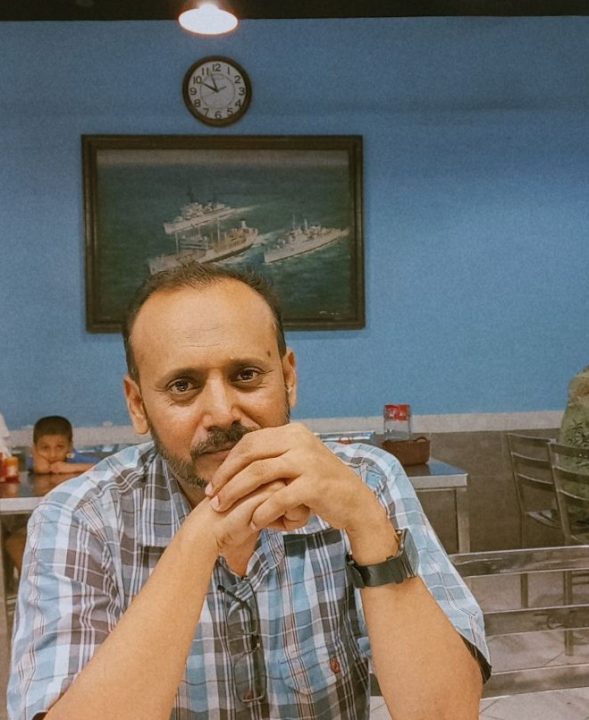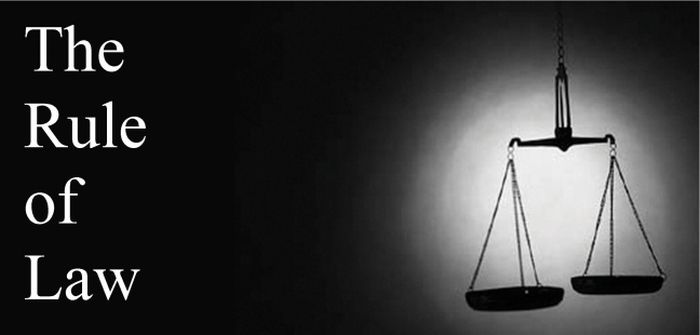Pakistan’s Standing in Global Rule of Law: A Critical Review
By Ghulam Mustafa Syed

The World Justice Project (WJP), a globally recognized non-profit organization, is committed to advancing the rule of law worldwide. Each year, WJP publishes the Rule of Law Index, a comprehensive assessment of the rule of law in nations across the globe. The 2024 Rule of Law Index evaluates countries based on factors such as limitations on government power, absence of corruption, transparency, fundamental rights, security, regulatory enforcement, civil justice, and criminal justice.
Despite a minor improvement in rank—moving from 130th to 129th out of 142 countries—Pakistan still lags significantly behind most of the world in terms of upholding the rule of law.
The top five nations in the 2024 Rule of Law Index are Denmark, Norway, Finland, Sweden, and the Netherlands. Meanwhile, the five lowest-ranked countries are Venezuela, Cambodia, Afghanistan, Haiti, and Myanmar. In South Asia, Sri Lanka ranks highest at 75th, followed by India at 79th. Pakistan stands at 129th, just ahead of Afghanistan at 140th.
Overview of Pakistan’s Performance
According to the WJP Rule of Law Index 2024, Pakistan’s global ranking is 129th out of 142 countries. Although Pakistan moved up one rank from 2023, it remains fifth out of six countries in
South Asia. Below are some insights into Pakistan’s standing in various components of the rule of law:

- Law and Order: Pakistan ranks 140th globally, placing it among the bottom three countries. Within South Asia, Pakistan ranks last (6th out of 6).
- Fundamental Rights: Globally, Pakistan ranks 125th and fourth in South Asia.
- Absence of Corruption: Pakistan is ranked 124th globally, making it the second most corrupt country in South Asia.
- Government Constraints: Pakistan’s rank is 103rd globally and fourth in the region, indicating a moderate degree of checks on government power.
- Open Government: Pakistan ranks 106th globally and fourth within South Asia.
- Criminal Justice: In terms of criminal justice, Pakistan holds 98th position globally, fourth in South Asia.
- Civil Justice: Pakistan stands at 128th globally and fourth in the region.
- Regulatory Enforcement: Globally, Pakistan ranks 127th, placing it fifth in South Asia.
Global Trends in Rule of Law
According to the WJP Rule of Law Index 2024, the rule of law weakened in 57% of countries, but the pace of decline is slowing for the third consecutive year. Notably, the “Absence of Corruption” factor has seen progress for the first time in five years, with corruption levels dropping in nearly 59% of assessed countries. Criminal justice systems have also shown improvement in many regions, while civil justice declines have eased post-pandemic.
Unfortunately, authoritarianism is on the rise, threatening human rights and democratic principles worldwide. The WJP Rule of Law Index, based on rigorous methodologies involving expert opinion and public surveys from 142 countries, offers unbiased data reflecting 95% of the global population.
Countries like Myanmar, El Salvador, and Nicaragua showed the greatest declines in rule of law, while Poland, Vietnam, and Sri Lanka saw the most improvement from 2023 to 2024.
The Rule of Law in Pakistan
Pakistan faces significant challenges in establishing a strong rule of law, with notable issues concerning judicial independence and government influence. The judiciary is often pressured by governmental bodies, affecting its capacity to function impartially. The recent 26th amendment to Pakistan’s constitution has raised further concerns about judicial independence, potentially weakening the judiciary’s role as a check on government authority.
Comparison with Other South Asian Countries
In South Asia, Pakistan’s rule of law situation remains challenging compared to countries like India, Sri Lanka, and Bhutan, which have made strides in judicial processes and legal frameworks. Conversely, Afghanistan and Bangladesh face issues similar to those of Pakistan, including judicial independence, corruption, and protection of fundamental rights.
Reasons for Pakistan’s Decline in Rule of Law
The deterioration of Pakistan’s rule of law can be attributed to several factors, including political interference in the judiciary, inadequate accountability for corruption, limited access to justice for marginalized communities, and a slow, overburdened legal system.
Path Forward: Establishing the Rule of Law
To build a fair and just society, all stakeholders—legislators, judiciary, legal organizations, and politicians—must unite to strengthen the rule of law in Pakistan. Key reforms include increasing judicial independence, promoting transparency and accountability, ensuring equal access to justice, and expediting legal processes to reduce case backlogs.
Conclusion
A robust rule of law is essential for sustaining democracy, safeguarding human rights, and providing equal justice to all citizens. Strengthening Pakistan’s legal system will require a concerted effort from all sectors of society to promote transparency, accountability, and judicial independence, paving the way for a fair and equitable future for Pakistan’s people.
END




